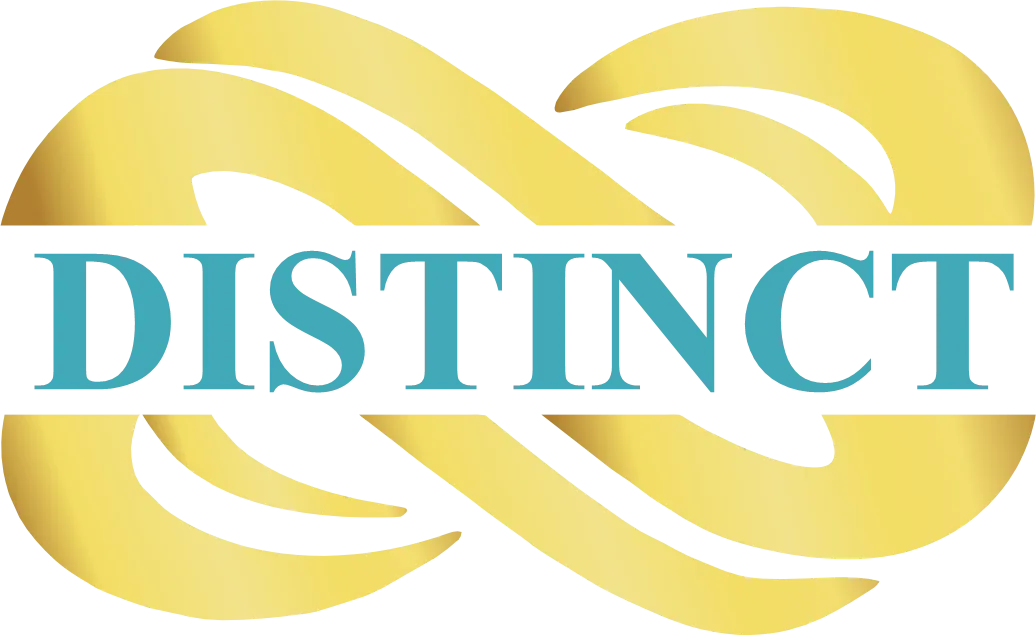

What Happens When You Sidestep Tax Planning and Strategy Advisory
by: Alysha Pruitt Harvey, MAcc, EA, CTS, CTC, CTP, People Advisor
In an era where DIY (Do-It-Yourself) has become a buzzword, from home renovations to crafting, many are tempted to apply the same approach to their taxes. While taking charge of one's financial matters is commendable, it's crucial to understand the potential pitfalls of sidestepping professional tax planning and strategy advisory. Let's dive into the complexities and risks of going it alone in the tax realm.
1. Overlooking Potential Deductions: Tax codes are intricate, and without a deep understanding, it's easy to miss out on potential deductions. From home office deductions to specific allowances for certain professions, a lack of comprehensive knowledge can result in paying more tax than necessary.
2. Misunderstanding Tax Credits: Tax credits can significantly reduce your tax liability. However, understanding which ones you're eligible for, from renewable energy credits to certain educational credits, requires a nuanced understanding of tax laws.
3. Inaccurate Reporting: Without proper guidance, there's a risk of reporting income or deductions inaccurately. This can lead to penalties, interest, and potential audits. An audit not only can be stressful but also time-consuming and costly.
4. Missing Out on Tax-Advantaged Investments: Tax planning isn't just about reducing liability; it's also about strategizing for the future. Without advisory, you might miss out on tax-advantaged investment opportunities that could bolster your financial future.
5. Overlooking Changing Tax Laws: Tax laws are not static; they evolve. Keeping up with these changes is a job in itself. Without staying updated, you risk making decisions based on outdated information.
6. Potential Penalties and Interest: Filing late, not paying estimated taxes on time, or making errors can result in penalties and interest. Over time, these can accumulate, leading to a significant financial burden.
7. Lack of Proactive Strategy: Tax planning is not just about compliance; it's about strategy. Without a forward-looking approach, you might find yourself reacting to tax situations rather than proactively managing them. This can result in higher tax liabilities in the long run.
8. Time and Stress: Deciphering tax codes, staying updated on changes, and ensuring accurate reporting can be time-consuming. The stress of wondering if you've done everything correctly can also take a toll.
In conclusion, while the DIY approach is admirable in many areas of life, tax planning and strategy require a specialized skill set. The potential risks of going it alone can outweigh the costs of seeking professional advice. Remember, it's not just about paying taxes; it's about optimizing your financial landscape for both the present and the future. Before deciding to navigate the intricate world of taxes solo, consider the potential pitfalls and evaluate if it's worth the gamble.
Thinking of diving deeper into this? Spark your interest and book a call with us.
Talk to us here https://calendly.com/alyshaharvey/strategy
© 2024 Distinct Tax, LLC. All Rights Reserved. Protected by copyright laws of the United States and treaties. This email may only be used pursuant to our Terms & Use Agreement and Privacy Policy. Any reproduction, copying, or redistribution, (electronic or otherwise) in whole or in part, is strictly prohibited without the express written permission of Distinct Tax, LLC or by email at [email protected].

Hours of Operation
During Tax Season (January 1 - April 15)
Monday - Friday 9:00 AM - 5:00 PM
Saturday and Sunday - Closed
Post-Tax Season (April 16 - November 30)
Tuesday - Thursday 9:00 AM - 5:00 PM
Monday and Friday - Closed
Saturday and Sunday - Closed
Pre-Tax Season (December)
Appointment Only
CONTACT US


2024 © Distinct Tax Consulting Group, LLC
All Rights Reserved
Terms and Conditions | Privacy Policy

Hours of Operation
During Tax Season (January 1 - April 15)
Monday - Friday 9:00 AM - 5:00 PM
Saturday and Sunday - Closed
Post-Tax Season (April 16 - November 30)
Tuesday - Thursday 9:00 AM - 5:00 PM
Monday and Friday - Closed
Saturday and Sunday - Closed
Pre-Tax Season (December)
Appointment Only
CONTACT US


